Video-sharing platform TikTok has defended its safety policies amid claims that the algorithms it uses expose teenagers to harmful content.
A recent investigation by RTÉ’s Prime Time revealed that would-be 13-year-old users were quickly shown videos related to self-harm and suicide.
TikTok said it has completed an ‘urgent review’ of the matter.
“With regards to the [Prime Time] investigation, as we said at the time, we don’t believe this is necessarily a real life depiction of how people would experience the app,” Morgan Evans, Director, Corporate & Policy Communications, TikTok said.
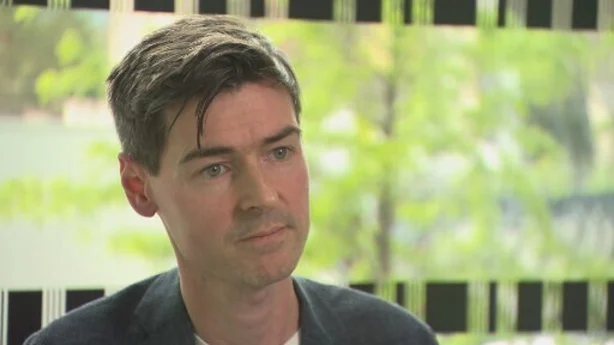
“That being said, once some of this content was brought to our attention, we did a thorough review. We took action against any content that shouldn’t have been there or shouldn’t have been showing up in teenagers feeds.”
“We have looked further at different techniques and technologies that we can deploy to effectively disperse types of content that when viewed in large groupings, could potentially be problematic or harmful,” Mr Evans (above) said.
Asked if ‘dispersed’ meant changing the algorithm so that different content appears in feeds, Mr Morgan replied: “It would change the experience of the user, correct.
“The whole idea is that we want to make sure that where there is content that might be potentially harmful that we are dispersing the feeds sufficiently so that any content that could be problematic for a certain audience isn’t viewed in large grouping together.”
Recommender systems
Recommender systems are algorithms that determine what social media users see, based on personal data such as search history, past purchases, age and location.
Campaign groups and researchers have warned that these algorithms can be ‘toxic’ and often result in inappropriate content appearing in users’ feeds promoting things like hate, extremism, eating disorders and self-harm.
Consultations were held on including a recommender system safety plan in Ireland’s new Online Safety Code but this did not feature in an updated draft version of the code which was published yesterday.
The media regulator, Coimisiún na Meán, has said it will instead deal with the issue of algorithms through its implementation of the EU’s set of online safety rules known as the Digital Services Act (DSA).
Election security
TikTok has recently moved into a new building in Dublin where a ‘mission control centre’ has been established ahead of the upcoming local and European elections.
Dedicated teams are monitoring the platform for content such as misinformation, disinformation and AI-generated ‘deepfake’ videos.
“Dublin plays a critical role in the work we do to protect our community,” Mr Evans said.
“We’ve convened a lot of people into a similar space in the run up to and during the elections to really make sure that we are enhancing the level of collaboration, making sure that our teams are most adept at identifying any risks that are emerging and really responding to those in kind,” Mr Evans said.
“We’ve invested significantly in our efforts across election integrity, even outside of the European elections. We have over 6,000 content moderators who are supporting our content moderation efforts, right the way across Europe,” he added.
Irish operation
TikTok employs around 3,000 people in Ireland. Recent global job cuts at the company impacted some Irish-based teams but TikTok said it is continuing to hire in this country.
It will be opening a second office building in Dublin later this year close to the ‘Sorting Office’ building that it recently began operating from.
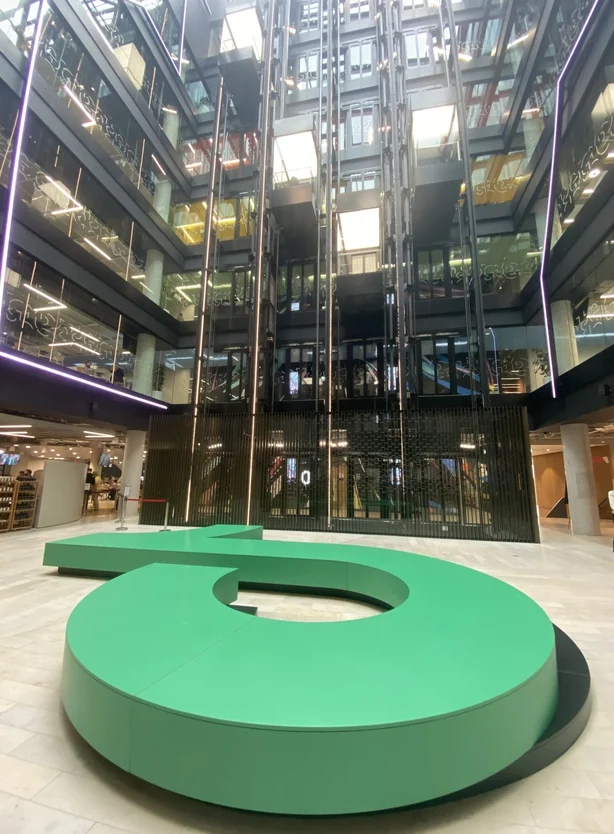
Ireland is also playing a central role in the company’s efforts to reassure European regulators that user data is secure.
‘Project Clover’ is TikTok’s data security plan and it involves the storage of European user information at data centres in Ireland and Norway.
The Chinese-owned video-sharing app has faced scrutiny over how much access China has to user data.
In April 2023, the National Cyber Security Centre (NCSC) issued guidance advising Irish Government departments and state agencies against the use of the app on official devices.
The US and UK governments, as well as EU institutions, have also banned the platform on staff devices over cybersecurity fears.
TikTok has described the government bans as misguided.
“I think a lot of that was driven by fundamental misconceptions about our app and about the platform in general,” Mr Evans said.
“That said, we always look to address very specifically the concerns that are being brought to us by a whole range of industry, policymakers, regulators and what I think is testament to our willingness to respond to that is the work that we’ve been doing specifically on what we call ‘Project Clover’,” he added.
In the US, TikTok has vowed to fight a threatened ban or forced sale of its operations.
Asked about what impact such developments might have on its Irish base, TikTok said it remains committed to Ireland.
文章来源:RTE


TKFFF公众号
扫码关注领【TK运营地图】

TKFFF合作,请扫码联系!


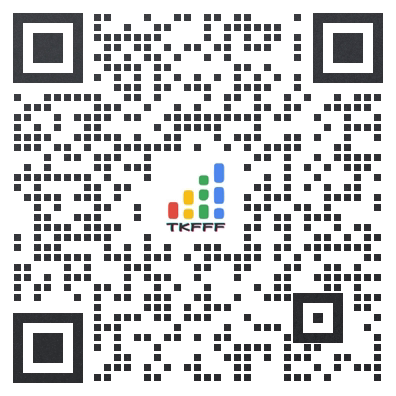
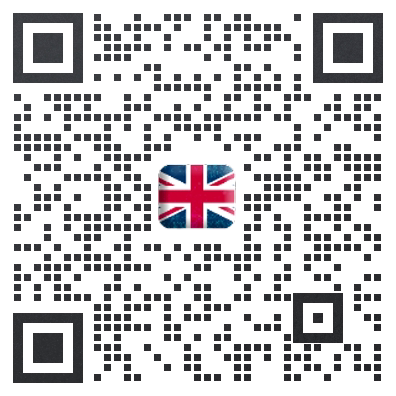
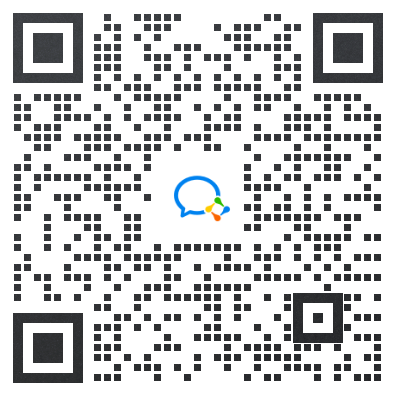


 闽公网安备35021102002035号
闽公网安备35021102002035号